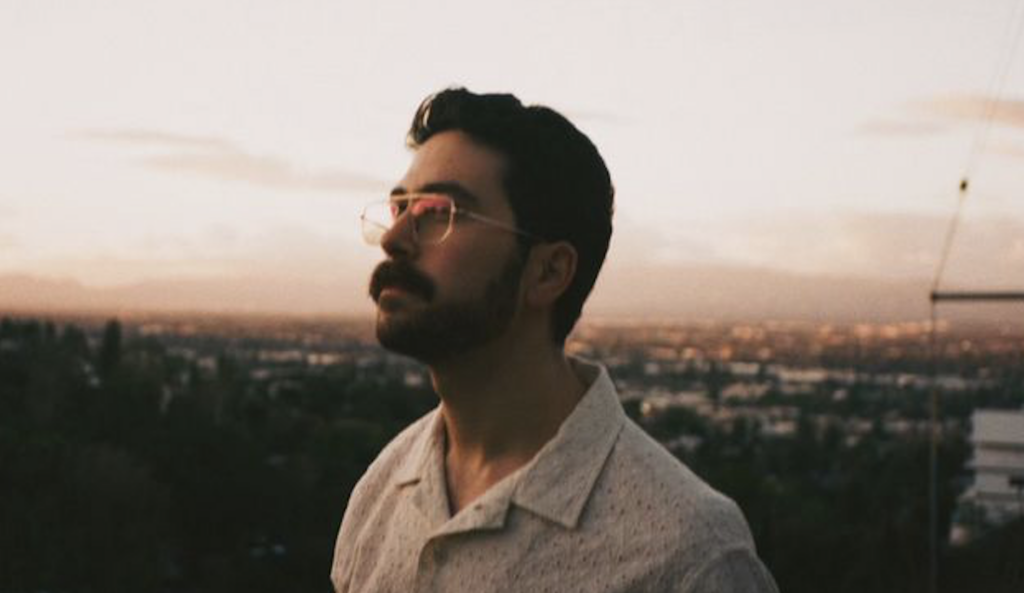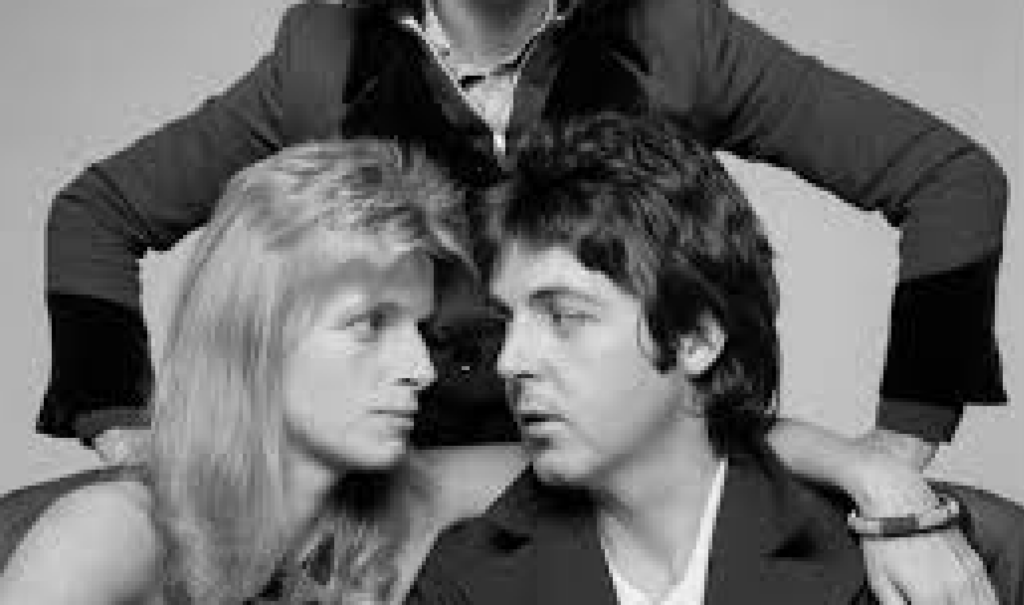Sour Hours
I believe I may have a first sentence,” murmurs Virginia Woolf (Nicole Kidman — yes, really) to her husband, Leonard (Stephen Dillane), commencing labor on her fourth novel, Mrs. Dalloway. The year is 1921, but the book’s heady emotional content will ripple dramatically through the lives of other depressed women in succeeding decades. At least in theory. Welcome to The Hours, a portrait of alienation and misery from director Stephen Daldry (Billy Elliot), adapted by David Hare (Strapless) from Michael Cunningham’s Pulitzer Prize-winning novel. It’s a noble work, an elegant work, a compassionate work — and a somewhat tedious and glaringly self-important work. In other words, it’s a high-wattage award magnet, so stand clear unless you want to get bashed by gilded statuettes.
The beauty of Cunningham’s Hours is that it deals with the synchronicity of seemingly unrelated souls, explored mostly inwardly in his prose but transformed into action here. Woolf is stuck in the London suburb of Richmond. Laura Brown (Julianne Moore) is an ennui-plagued 1950s housewife — sound familiar? — stuck in Los Angeles (actually shot in Florida for some reason). And Clarissa Vaughn (Meryl Streep) is a flustered Manhattanite — sound familiar again? — preparing a party for her ex-lover, Richard (Ed Harris), a passionate poet who is swiftly succumbing to AIDS.
All three women are preparing for parties. In Richmond, Woolf frets over candied ginger for the charming children (George Loftus, Charley Ramm, Sophie Wyburd) of her sister, Vanessa Bell (an atypically straightforward Miranda Richardson), kvetching at the help to go get some in London. Meanwhile — the scenes flow into one another — a fake-smiling Laura cajoles her distraught son Richie (Jack Rovello) to help make a birthday cake for her WWII-veteran husband, Dan (John C. Reilly). And in New York, Clarissa desperately flits about preparing “the crab thing” and other delights for Richard, while admitting to her live-in lover, Sally (Allison Janney), how sorely she lacks acknowledgment.
Once you’ve seen The Hours, it’s pretty easy to look back on it and dismiss its minimalism as a lack of substance. But while it’s on the screen, the film’s subtleties foster a distinct sense of mystique. Far from being just a glorified soap opera, the movie weaves sinuously through each woman’s story until the connections become crucial. It’s a credit to Daldry that he sustains the flow of ambiguity without dumping us into confusion.
The problem, however, is that we never really get a feel for why these women are so sad. Why is Woolf so crippled by misery? Why can’t Laura just take an art class or get it on with her zesty neighbor, Kitty (a superb Toni Collette, the only actress given a motivation for unhappiness)? Why does Clarissa keep berating herself?
The answer could be that, though ostensibly a women’s movie, The Hours is much more a men’s movie — which could explain why the female characters are so moody but lack depth. The real focus here is Richard, his dreary life, his nearly self-immolating passion. Ed Harris brings much to the role, including the echoes of his own sustained and vital career, and seeing him destitute, swooning over life’s details as if everything were poetry, is truly moving.
But people aren’t going to discuss Harris very much. They’re going to debate which actress most deserves a trophy, and above all they’re going to talk about the absolutely ridiculous fake nose Kidman wears, several shades too pale and altogether unnecessary. Her eyes, her accent, her moodiness — all splendid — but that nose blows. It even makes a mockery of Woolf’s drowning suicide; anyone with that much prosthetic goop on her face is definitely going to float.




